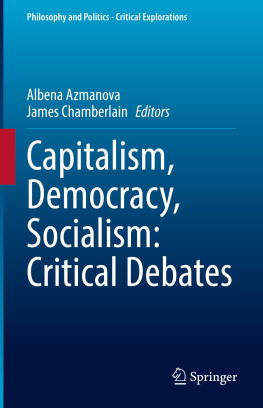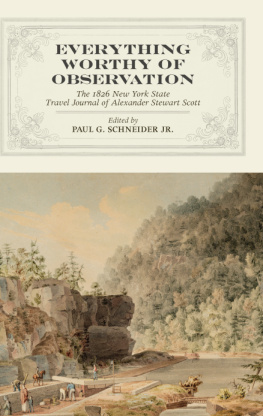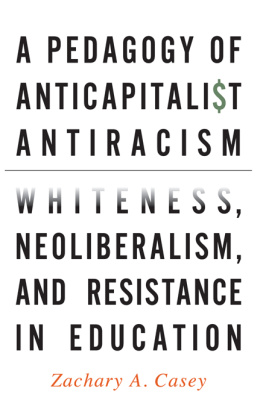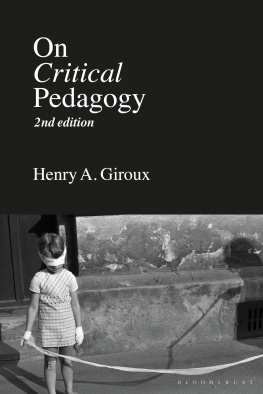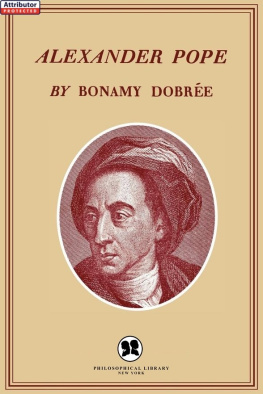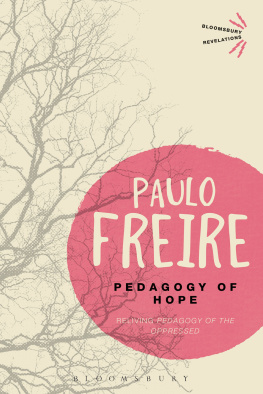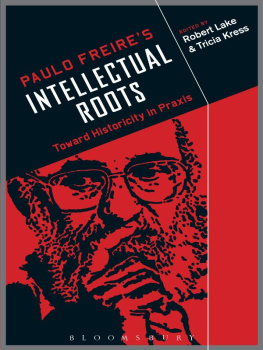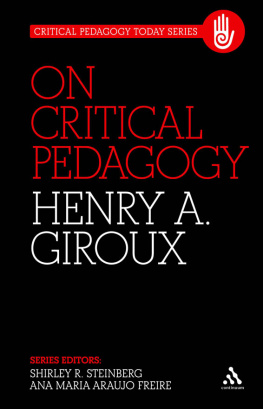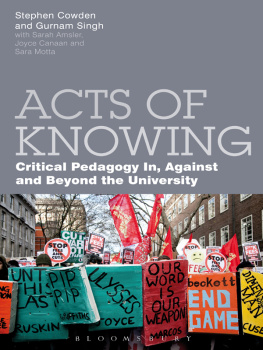Art, Critical Pedagogy and Capitalism
This book offers a re-examination of art production in terms that understand the process of learning as the production of art itself. Drawing on the thought of Ranciere, Freire, Gramsci and Mouffe, it provides an account of the politics of art production and a theoretical understanding of hegemonic power, while developing a view of method in critical pedagogy founded on the process of making adversaries. Through a re-evaluation of the relationships between process, arts production and pedagogy within accelerated developments of neoliberalism, the author uncovers ways of forming a more co-operative and less conflictual approach to democratic politics. An investigation of ways in which art practice can be used to engage with critical pedagogy in relation to a commodity driven neoliberal agenda, Art, Critical Pedagogy and Capitalism constitutes a radical rethinking of art making, and an attempt to address the paradox between the proliferation of the commodity of learning and the perceived crisis of arts education. As such, it will appeal to scholars of education, pedagogy and the arts with interests in social and critical theory.
Paul Alexander Stewart is an Artist and Curator as well as a Lecturer in Fine Art at Teesside University, UK.
Visual Modernities
Series Editor:
Martyn Hudson, Northumbria University
The sociological imagination of modernity is entangled with our senses and, primarily, with vision, yet the process of being able to see something is often extraordinarily complex. Marxs attempt to visualise commodities, Durkheim on totems of religious life, Simmel on money and the metropolis, Elias on social taste, are all projects which attempt to see beyond the empirical and into levels of abstraction and immateriality that lie beyond the senses. Visualisation is part of the making of modernity and a response to it.
This series explores and elaborates upon our experiences of modernity. It offers ways of seeing from the margins of our world and from its exemplary sites of industry and urbanisation. Grand narratives of human history mix with micro-histories that are embedded across our globe. Using multi-disciplinary methods, it seeks to expand upon our knowledge of global and local visual cultures, whether in architecture, painting, film, photography, theatre, film and other cultural forms. Examining the material and the tangible as well as the immaterial and the imaginary it aims to offer the best of sociological thinking and thought: literally re-visioning our social world.
Visual Modernities welcomes new studies that have visualisation at their heart and embed new ways of perceiving our shared world and our multiple and complex experience of modernity. It seeks to publish works that are innovative, multi-disciplinary in scope and which challenge and rupture the classical social sciences with new ways of looking at method, theory and our social futures.
Visualising the Empire of Capital
Martyn Hudson
Art, Critical Pedagogy and Capitalism
Paul Alexander Stewart
First published 2021
by Routledge
2 Park Square, Milton Park, Abingdon, Oxon OX14 4RN
and by Routledge
52 Vanderbilt Avenue, New York, NY 10017
Routledge is an imprint of the Taylor & Francis Group, an informa business
2021 Paul Alexander Stewart
The right of Paul Alexander Stewart to be identified as author of this work has been asserted by him in accordance with sections 77 and 78 of the Copyright, Designs and Patents Act 1988.
All rights reserved. No part of this book may be reprinted or reproduced or utilised in any form or by any electronic, mechanical, or other means, now known or hereafter invented, including photocopying and recording, or in any information storage or retrieval system, without permission in writing from the publishers.
Trademark notice: Product or corporate names may be trademarks or registered trademarks, and are used only for identification and explanation without intent to infringe.
British Library Cataloguing-in-Publication Data
A catalogue record for this book is available from the British Library
Library of Congress Cataloging-in-Publication Data
Names: Stewart, Paul Alexander, 1990- author.
Title: Art, critical pedagogy and capitalism/Paul Alexander Stewart.
Description: Abingdon, Oxon; New York, NY: Routledge, 2021. | Outgrowth of the author's thesis (Ph.D.)Teesside University, 2019, under the title: Art, hegemony and the alternative art school: critical pedagogy as a methodology in art practice. | Includes bibliographical references and index.
Identifiers: LCCN 2020035265 (print) | LCCN 2020035266 (ebook) | ISBN 9780367435516 (hardback) | ISBN 9781003004073 (ebook)
Subjects: LCSH: ArtEconomic aspects. | Alternative schools. | Critical pedagogy.
Classification: LCC N8600 .S74 2021 (print) | LCC N8600 (ebook) | DDC 706.8dc23
LC record available at https://lccn.loc.gov/2020035265
LC ebook record available at https://lccn.loc.gov/2020035266
ISBN: 9780367435516 (hbk)
ISBN: 9781003004073 (ebk)
Typeset in Bembo
by KnowledgeWorks Global Ltd.
Contents
List of figures
2 Agonising over and under hegemony
3 Commitments
4 Tools and social action
5 Action and reflection
6 Boycott
- List of figures
- 2 Agonising over and under hegemony
- 3 Commitments
- 4 Tools and social action
- 5 Action and reflection
- 6 Boycott
List of figures
3.1 Thomas Hirschhorn, Gramsci Monument, 2013 (Running event: Petawane) Forest Houses, Bronx, New York City. Courtesy Dia Art FoundaCon, New York City/Photo: Romain Lopez
3.2 Antiuniversity of London Poster, 1968, Photo: Rod Tidnam, Tate. Courtesy Andrew Sclanders/Beatbooks.com
3.3 Thomas Hirschhorn, Crystal of Resistance, 2011 (Detail) Swiss Pavilion, 54th Venice Biennale, Venice, Italy, 2011. Courtesy the arTIst, Photo Romain Lopez
3.4 John Reardon and Paul Stewart, TWOC Situation Unit commission, MIMA, 2015, Baseball caps, poster, performance, plywood letters
4.1 The Silent University Principles and Demands, 2012, initiated by Ahmet gt, Courtesy the artist and the Silent University
5.1 Harold Offeh, Choreograph Me, 2015. MIMA, Middlesbrough. Live Performance. Photography by MIMA, Courtesy of Artist
5.2 Harold Offeh, Choreograph Me, 2015. MIMA, Middlesbrough. Live Performance. Photography by MIMA, Courtesy of Artist
5.3 Croydon Plays Itself, 2019. Turf Projects, Croydon, London. Installation. Photography by Tim Bowditch, Courtesy of Artist
5.4 Harold Offeh, Reading the Realness, 2018. Tetley, Leeds. Live Performance. Photography by Helena Dolby, Courtesy of Artist
5.5 Barby Asante, Declaration of Independence 24th February 2019, BALTIC Centre for Contemporary Arts, Performance, courtesy of the artist
In the beginning, we scream, as John Holloway put it in Change the World Without taking Power (2002). A scream is to begin by articulating the importance of our contemporary moment to refuse and reimagine what is both beyond capitalism and what is possible.1 Holloway declares,
Struggle against capitalism must also be [a] struggle against the we who are not only against but also in capitalism. To criticise is to recognise that we are a divided self. To criticise society is to criticise our own complicity in the reproduction of society. That realisation does not weaken our scream in any way. On the contrary, it intensifies it, makes it more urgent.2



